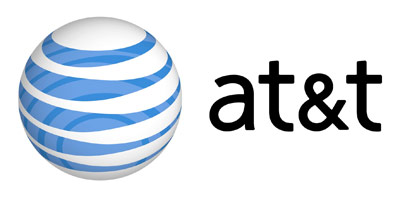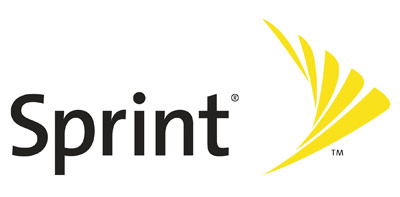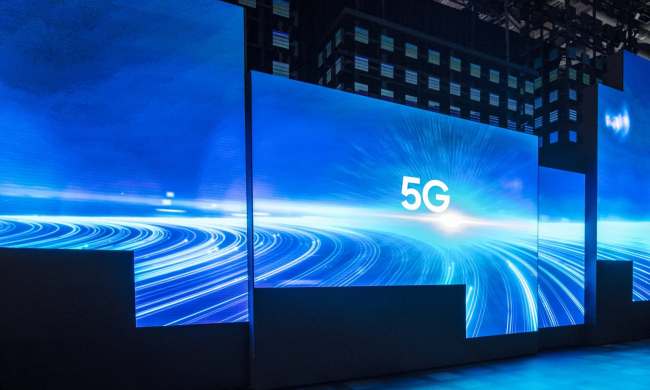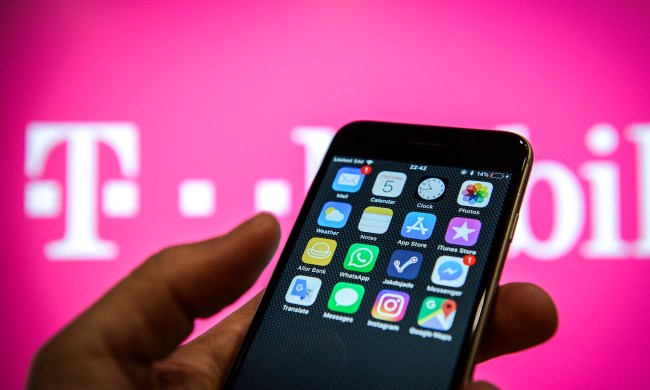
Every so often, we do a checkup on the major carriers to see who is offering the best bang for your buck. A few weeks back, T-Mobile announced a new unlimited smartphone plan that claims to offer everything a user needs for $79.99. But does it? We’ve done the math. If you’re in the market for a real individual “unlimited” plan, here is what it will cost you on AT&T, Sprint, T-Mobile, and Verizon.
AT&T unlimited plan
Total cost: $114.99
Price breakdown: $69.99 for unlimited talk, $20 for unlimited texts, $25 for 2GB of data
AT&T is one of the most expensive carriers around. It doesn’t offer a formal “unlimited” plan, but you can piece your own together, for a price. If you’d like any kind of smartphone plan under $100, prepare to make some sacrifices. Don’t go over your 2GB data cap either, or you’ll be charged another $10 for an extra 1GB of data.
Sprint “Simply Everything” unlimited plan
Total cost: $99.99
Price breakdown: This is a bundled plan offered by Sprint
Sprint has one of the better deals going. For $99, it offers unlimited talk, texting, and data. Though data is quietly capped at 5GB last time we checked, few people will exceed this cap. Like most carriers, Sprint does not charge for digital roaming across the United States. If you cut your minutes down to 450, you can achieve a price of $69.99 and still get unlimited data and texting.
 T-Mobile “Even More” unlimited plan
T-Mobile “Even More” unlimited plan
Total cost: $79.99 (for a “limited time”)
Price breakdown: This is a bundled plan offered by T-Mobile
We don’t know how long it will last, but T-Mobile’s new unlimited plan is currently discounted by $20, making it the most affordable completely unlimited plan of the bunch. The only stipulation, as usual, is with data. While you have unlimited data, anything you use over 2GB will be throttled, or slowed down a bit. While we’d prefer a completely unlimited data plan, a slight downtick in Internet speed at the end of the month is better than a $10+ dollar surprise charge.
After T-Mobile’s deal ends, you can still get an unlimited data + texting plan with 500 minutes for $79.99, which isn’t bad either.
Verizon Wireless unlimited plan
Total cost: $119.98
Price breakdown: $69.99 for unlimited talk, $20 for 5000 texts, $29.99 for 5GB of data
Verizon may have the fastest 4G network with its impressive LTE technology, but few phones support it yet and it’ll be a year or so before the kinks are ironed out. Data plans are rumored to head north in the coming months as well. While there is no option for unlimited texting on Verizon, the only way to get a good plan for under $100 is to cut your talk service down to 450 minutes.
Overall winner: T-Mobile
If AT&T’s purchase of T-Mobile goes through, we certainly hope the wireless giant adopts T-Mobile’s pricing. Currently, T-Mobile has one of the best deals going. Combined with a healthy set of Android phones and a promise that plans will be grandfathered in during the AT&T transition, and there really isn’t a good reason not to take advantage of this deal, which will save you a minimum of $20 a month for 24 months, which adds up to a two-year savings of $480 savings over Sprint, $960 over Verizon, and $840 over AT&T.








